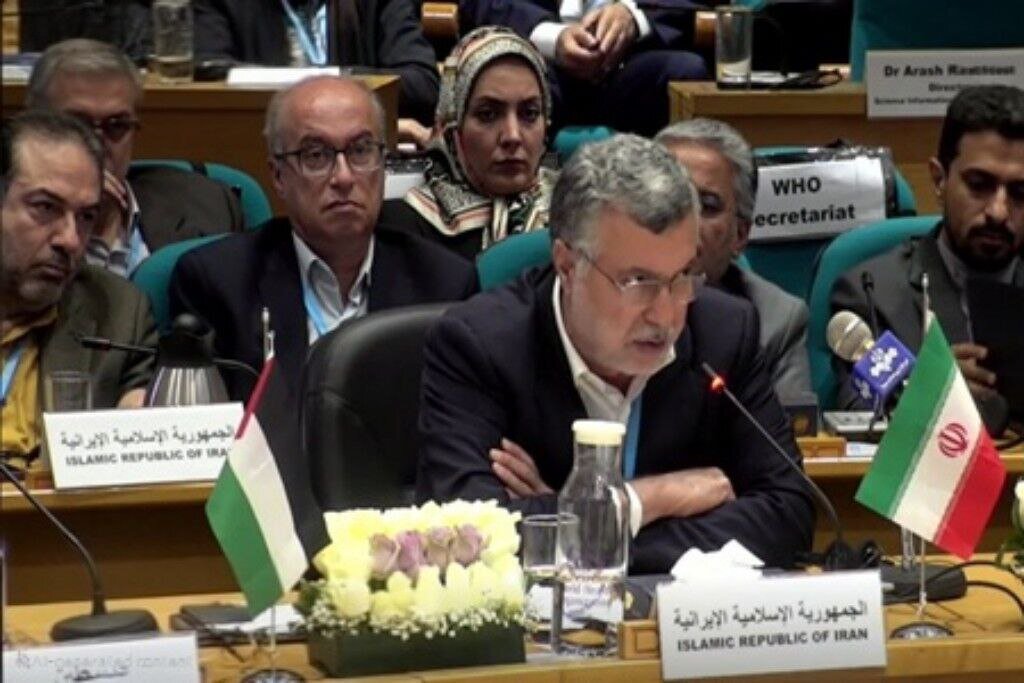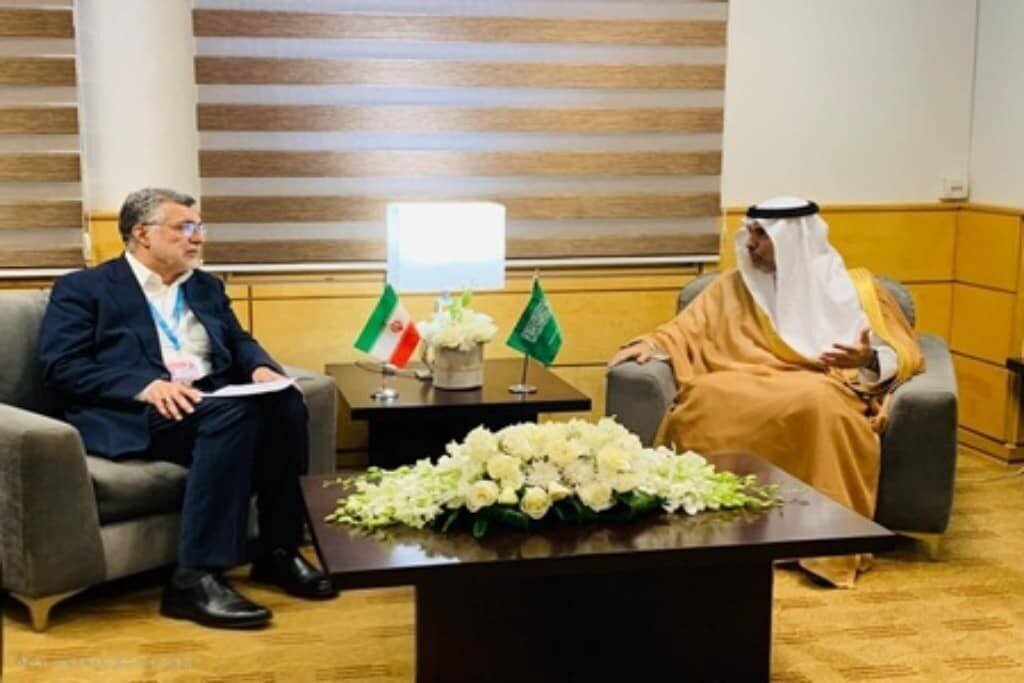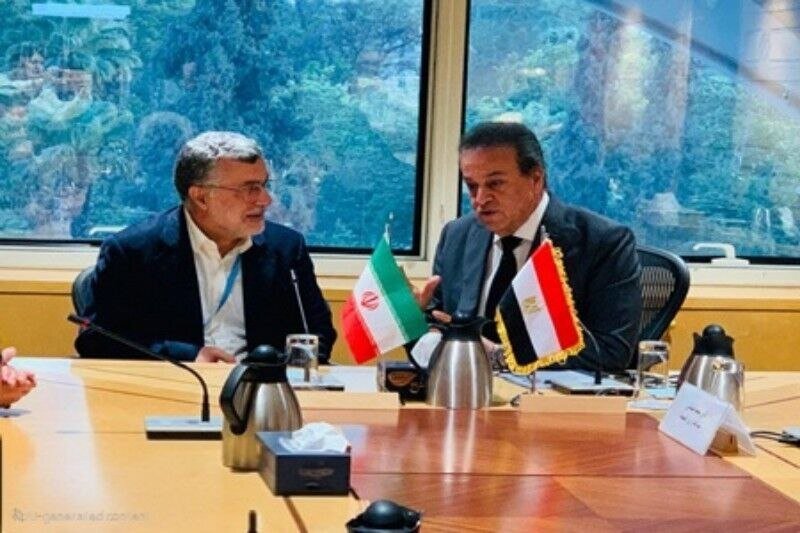Minister urges WHO to protect health against sanctions

TEHRAN – Health Minister Mohammad-Reza Zafarqandi has referred to sanctions as silent wars against public health, urging the World Health Organization (WHO) and member states to safeguard health systems from political pressures and sanctions.
Zafarqandi also called on them to strengthen regional solidarity to tackle crises and climate change, IRNA reported.
The official made the remarks while addressing the seventy-second session of the World Health Organization (WHO) Regional Committee for the Eastern Mediterranean (RC72) being held in Cairo, Egypt, from October 15 to 17.
Over the past year, Iran’s health system has undergone big challenges, including unfair sanctions and the 12-day Israeli-imposed war. The latter targeted non-military and health infrastructures, killing innocent children, women, and health staff, IRNA quoted Zafarqandi as saying.
As documented in The Lancet, sanctions, as silent wars against public health, have systematically blocked access to essential medications and caused widespread suffering and death among the most vulnerable patients, especially children, he added.
These articles emphasized that sanctions can cause as many or even more casualties than wars, Zafarqandi noted.
Despite immense economic pressures and sanctions, Iran remains committed to strengthening its primary healthcare network to achieve universal health coverage, empowering communities to combat noncommunicable diseases, addressing ageism and its health consequences, and tackling social determinants of health, such as poverty and environmental factors, the health minister stressed.
Iran remains resolute in health diplomacy and believes that health is the strongest bridge to peace and sustainable development, he added.

Referring to the catastrophic situation in Gaza, the official invited participants to help rebuild Gaza’s health infrastructures, saying that the widespread destruction of Gaza’s healthcare system and its blockade have led to one of the most severe humanitarian crises.
Hosted by the WHO Regional Office for the Eastern Mediterranean, RC72 has brought together health ministers, policy-makers, and regional leaders to address urgent health priorities and longer-term reforms.
RC72 provides a platform for countries to deliberate and adopt resolutions on the Region’s most pressing health topics. This year, 5 technical papers will be presented, encouraging Member States to commit to:
Halving the number of zero-dose children – those who have never received a single vaccine – by 2030, and eliminating rubella and congenital rubella syndrome.
Integrating palliative care into national health systems. Millions – including cancer patients, children with congenital conditions, and refugees with chronic illnesses – die in avoidable pain.
A new resolution will address health-system recovery in crisis-affected countries like Afghanistan, the occupied Palestinian territory, Sudan, and Yemen. It seeks to ensure that the humanitarian response goes hand in hand with early investment in rebuilding health systems, restoring trust, and strengthening future resilience.
Reviewing laboratory safety and governance, a long-overlooked area of regional health security.
A regional consultation to develop a climate-resilient health framework. Building on the Global Plan of Action on Climate Change and Health adopted at the World Health Assembly earlier this year, WHO EMRO is proposing a consultative process to develop a regional operational framework on climate and health.

On the sidelines of RC72, the health minister has so far held meetings with his Saudi Arabian and Egyptian counterparts.
During the meeting with the Saudi Arabian health minister, Fahad bin Abdulrahman Al-Jalajel, the two sides stressed the need to boost collaborative efforts.
Zafarqandi underscored implementing health agreements and boosting scientific, educational, and medical cooperation, saying that the collaborative efforts will contribute to improving health in the region.
Al-Jalajel invited Zafarqandi to attend the Global Health Exhibition, which will take place from October 27 to 30, at the Riyadh Exhibition and Convention Center in Malham, under the theme “Invest in Health.”
Highlighting similarities between Egypt and Iranian healthcare systems and conditions, Khaled Abdel-Ghaffar, the Egyptian official, said that the two countries can collaborate in different health sectors, such as manufacturing medications.
For his part, Zafarqandi underlined promoting medical and pharmaceutical collaborations. The official also introduced representatives to follow up on the implementation of the agreements.
MT/MG
Leave a Comment